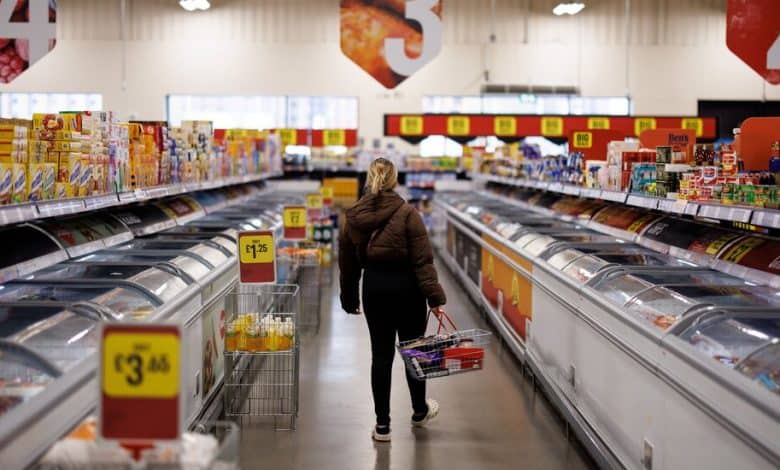Britain Election Winner’s First Problem: Fix a Stagnant Economy

“Our economy has truly turned a corner,” Rishi Sunak, Britain’s prime minister, said last week as he introduced his party’s election manifesto, buoyed by recent data showing that Britain’s economy had exited from a recession more strongly than expected in the beginning of the year and that inflation had slowed substantially.
Justifying the optimistic mood, data released on Wednesday showed that consumer prices rose 2 percent in May from a year earlier, touching the Bank of England’s target. That was way down from 11.1 percent in October 2022, when Mr. Sunak started his premiership.
Many economists argue that it will take more than a few good economic indicators to change Britain’s economic path after more than a decade of slow economic growth, chronically weak productivity, high taxes and struggling public services, with a notably underfunded and overstretched National Health Service.
Polls suggest there is a desire to eject the governing Conservative Party from Downing Street, after 14 years, in next month’s general election. But lawmakers in the opposition Labour Party have already warned that — should they win — they will inherit a hobbled economy with little room for bold changes.
How did Britain get here?
A focus on austerity
When the Conservative Party came to power in 2010, the country was reeling from the great financial crisis. Debt had jumped higher, and the country’s budget deficit was at a postwar high.
David Cameron, then prime minister, and his chancellor, George Osborne, placed the burden heavily on reducing government spending, rather than tax increases. What followed were years of austerity as government departments faced huge cuts to their budgets.
